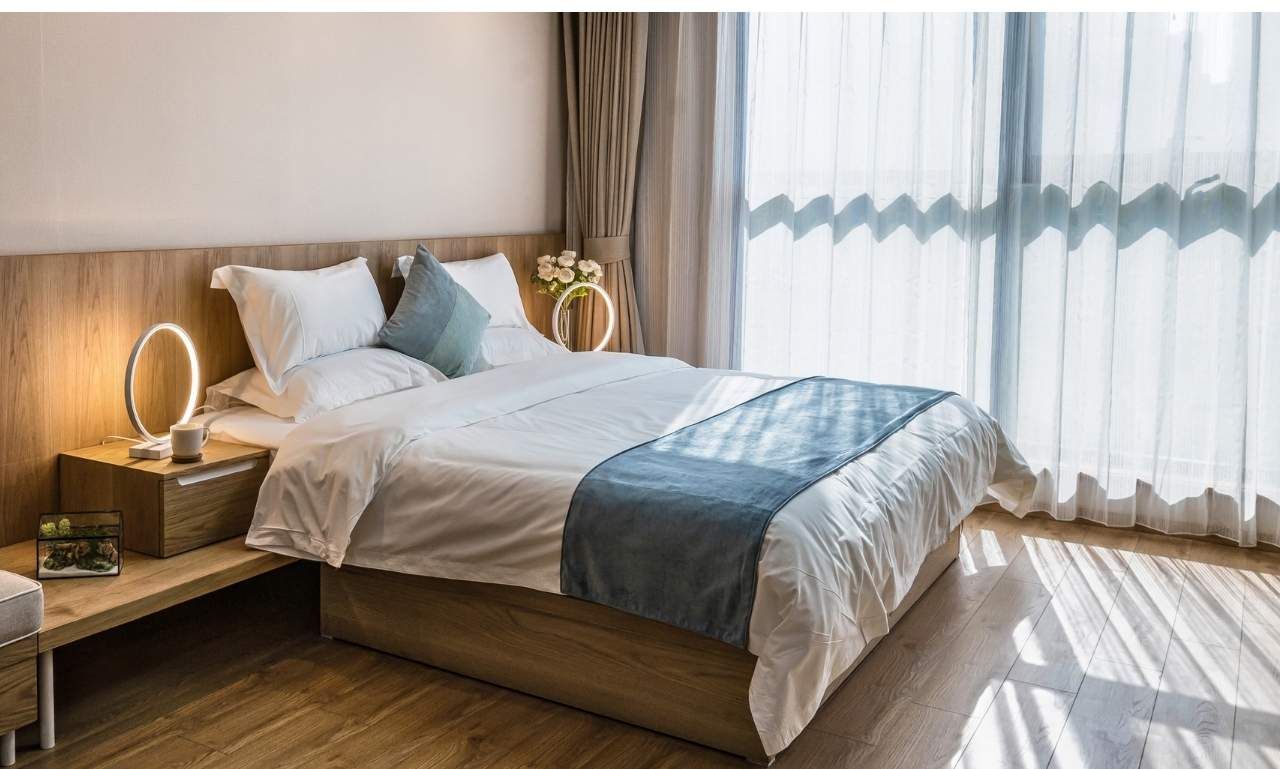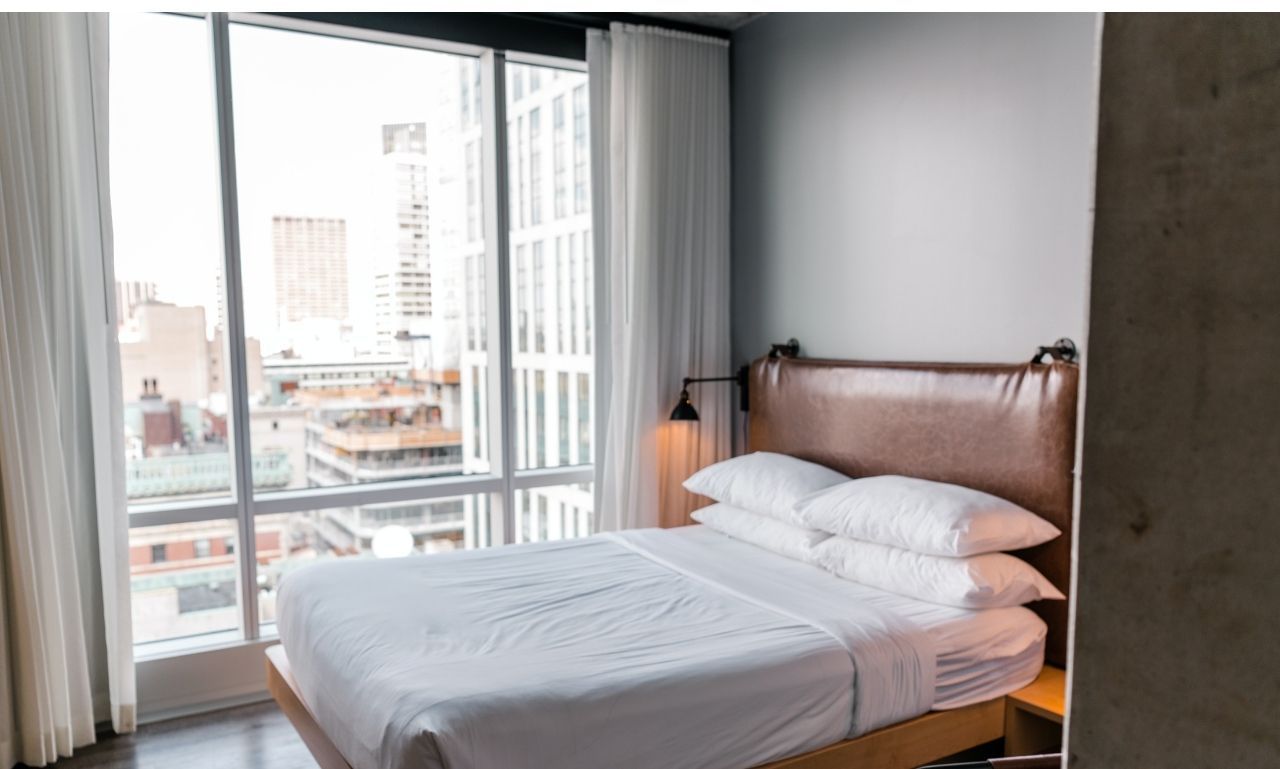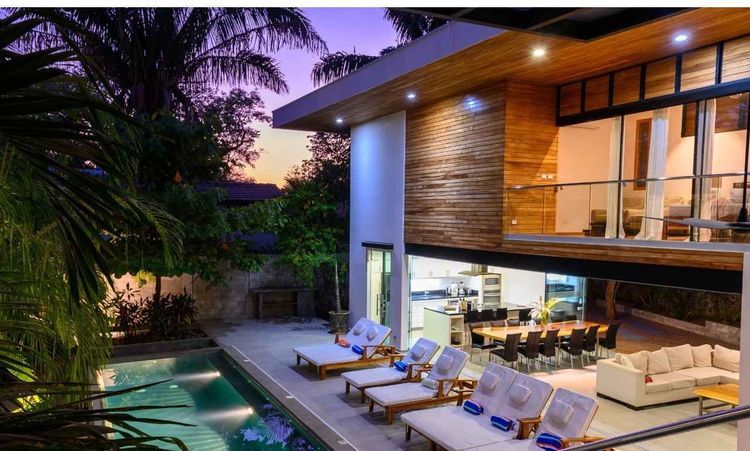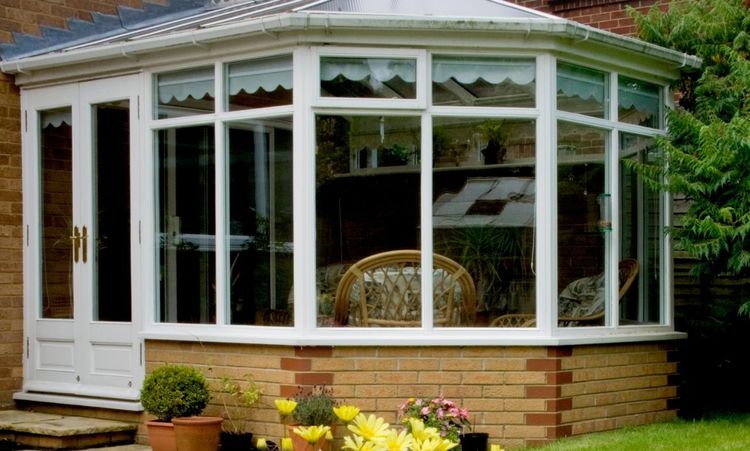When you need short-term rentals, whether as a digital nomad, traveling professional, or someone in transition, finding the perfect place to stay can feel overwhelming. But rest assured, there are plenty of options to fit your needs, from vacation rentals to extended-stay hotels and furnished apartments. This comprehensive guide will walk you through everything you need to know about finding short-term rentals for travel and temporary housing, providing practical tips and covering all your options.
Setting Your Budget for Short-Term Housing
Before you start your search for short-term rentals, it's crucial to establish your budget. Short-term rentals can vary greatly in price depending on location, amenities, and length of stay. Are you willing to spend a little extra for an ocean view or prefer a more budget-friendly option in a less busy area?
Consider all your potential costs, including rent, utilities, cleaning fees, and other expenses such as parking or additional services. It's also helpful to understand whether you’re aiming for a shorter stay, such as a few days, or an extended period that could last a few months. Longer rental periods often lead to reduced rates.
For a reasonable monthly rate, a budget of anywhere from $500 to $1,500 USD is common for furnished rental options depending on the location. On platforms like Airbnb, VRBO, and Booking.com, many property owners offer discounts for extended stays. It’s always a good idea to reach out directly to see if you can negotiate a better deal, especially if you’re booking for a month or more.
Understanding Types of Short-Term Rentals
Finding the right type of short-term rental for your travel or temporary housing needs involves understanding the available options. Here’s a breakdown of the common types of short-term accommodations:
1. Vacation Rentals

Vacation rentals are an attractive option for those looking for a fully furnished property with amenities such as air conditioning, Wi-Fi, and kitchen facilities. Platforms like Airbnb and VRBO offer a wide selection of properties, from apartments to entire homes, allowing you to find something that fits your travel experiences.
2. Extended-Stay Hotels
Extended-stay hotels are ideal if you want a hotel-like experience with the convenience of home-like amenities. Many extended-stay hotels offer weekly or monthly rental rates, making them a great short-term housing solution for digital nomads or individuals in transition.
3. Corporate Housing
Corporate housing is popular for business travelers or those on temporary work assignments. These units are fully furnished and include everything you need for an extended stay. Corporate housing providers usually cater to traveling professionals, offering an easy, comfortable option for individuals in need of housing for a few weeks to several months.
4. Furnished Apartments
Furnished apartments can be found through rental websites like Apartments.com, Trulia, and Rent.com. Furnished Finder is also a good resource for travel nurses or individuals seeking mid-term rentals. These options often include utilities, making budgeting easier for a temporary housing experience.
5. Airbnb and Other Rental Platforms
Airbnb, VRBO, and Booking.com are often the first places people look when seeking short-term rentals. These platforms offer flexibility, a range of rental periods, and properties that meet different needs and budgets. Additionally, you can communicate directly with property owners, which gives you the chance to negotiate prices or ask specific questions.
Determining the Right Location
When choosing short-term rentals for travel and temporary housing, the location plays a big role in determining your experience. Are you looking to be in a bustling urban area, or do you prefer a peaceful rural environment? The location will also influence rental prices, available amenities, and convenience.
Proximity to Work and Transportation
If you're traveling for work, it’s important to consider your commute time and proximity to your assignment location. Rentals close to public transportation are generally preferred, especially in larger cities where parking can be expensive or challenging.
For digital nomads and remote workers, an area with cafes, coworking spaces, and reliable Wi-Fi may be more desirable. In either case, be sure to search for temporary housing options that meet your needs and fit within your price range.
Neighborhood Safety and Noise Levels
Safety is another key consideration when selecting a rental property. Take the time to read reviews to see what previous guests have experienced. Look out for mentions of neighborhood safety and noise levels—these can make or break your stay.
In addition, virtual tours can provide a better sense of the space and surrounding area. If possible, try using Google Street View to see what the neighborhood looks like before making a booking decision.
How Long Do You Need Housing?
The length of your stay affects the type of rental you should consider. If you need a place for a week or two, you’re likely to be looking at traditional vacation rentals. If you’re in need of accommodations for a longer time frame, such as a few months, then extended-stay hotels, furnished apartments, or corporate housing may be more cost-effective and provide better amenities.
Many platforms offer discounts for longer stays. It’s common for Airbnb hosts to offer significant reductions for stays longer than 28 days. Monthly rates are often much more affordable than daily or weekly rates, particularly for short-term leases.
What to Look for in a Short-Term Rental
Selecting the right short-term rental requires attention to certain details to ensure your stay is comfortable and convenient. Here are some essential features to consider:
1. Furnishing and Amenities
Is the rental fully furnished, and does it include everything you need? Make sure to verify if essentials like kitchen supplies, linens, and air conditioning are provided. Furnished short-term rentals are convenient for temporary stays because they provide everything needed for a comfortable stay.
2. Privacy and Space

Are you sharing the rental with others, or is it a private unit? Make sure you know if the bathroom and kitchen are private or shared. If privacy is a priority, be certain that you have access to the entire space without unexpected roommates.
3. Location Accessibility
Is the rental close to major roads or public transportation? You’ll want to check the property’s accessibility, especially if you don’t have a vehicle. Read the reviews to see if past guests mention convenience, public transportation, or whether the rental is easy to get to.
4. Positive Reviews and Host Responsiveness
Reviews can tell you a lot about a property and the host. Positive reviews from past guests are essential, as they indicate whether the property matches its description and if the host is responsive. Guest feedback can reveal a lot about the overall rental experience.
5. Additional Services
Extended-stay hotels and corporate housing often provide additional services such as housekeeping, free parking, or concierge assistance. These can be especially helpful for those staying for longer periods and may justify a slightly higher rental price.
Contacting the Host or Property Owner
Once you’ve narrowed down your options, contact the host or property owner to ask questions and introduce yourself. It’s a good idea to be upfront about what you’re looking for and inquire about potential discounts for long-term stays. Here's an example of a message you could send:
"Hi [Host Name],
My name is [Your Name], and I’m looking for a short-term rental for a couple of months as I [work remotely, have a travel assignment, etc.]. I really like your property, and it seems perfect for my needs. Do you offer any discounts for long-term rentals or monthly rates? Thanks in advance, and I’m looking forward to hearing from you!"
This kind of approach is friendly and to the point. It also lets the host know you’re serious about booking for an extended stay, which may prompt them to offer you a competitive price.
Avoiding Scams in the Short-Term Rental Market
Unfortunately, not all short-term rentals are legitimate, and scams do exist. To protect yourself, consider these tips:
1. Use Reputable Platforms
Stick to well-known platforms like Airbnb, Booking.com, VRBO, and Apartments.com. These sites verify their rental listings, reducing the chances of running into a fraudulent property owner.
2. Check Reviews and Guest Feedback
A lack of reviews or numerous negative reviews should raise a red flag. Look for properties with consistent positive feedback. If other guests have had a good experience, chances are you will too.
3. Reverse Image Search and Address Verification
Use a reverse image search to see if the property’s images appear elsewhere online, or verify the address via Google Maps to confirm it exists. These simple steps can help you avoid fake listings.
4. Never Pay Upfront Without Verification
Avoid paying for the rental outside of the booking platform, especially if the host asks for a large sum upfront. Reputable booking channels ensure that payments are secure and that you’re protected in case something goes wrong.
Popular Platforms for Short-Term Rentals
To find a short-term rental that suits your needs, consider exploring the following platforms:
1. Airbnb
Airbnb is one of the most popular platforms for vacation rentals and short-term accommodations. It’s especially useful for digital nomads and travelers who are looking for a place that feels more like a home than a hotel. Airbnb also offers search filters like "monthly stays," allowing you to find extended-stay options.
2. VRBO
VRBO is similar to Airbnb, offering a wide variety of rental properties. It’s ideal for those looking for family-friendly homes, as VRBO mainly lists entire properties rather than shared spaces.
3. Booking.com
Booking.com offers a mix of hotels, vacation rentals, and extended-stay accommodations. It’s particularly useful for comparing prices across different property types.
4. Furnished Finder
Furnished Finder is popular among travel nurses and professionals looking for mid-term rentals. It focuses on properties that are suitable for temporary housing, often providing month-to-month lease options.
5. Facebook Marketplace and Housing Groups
Facebook Marketplace and local housing groups can also be useful for finding affordable short-term rentals. Be cautious, though—listings aren’t always verified, so do your research before committing to a rental.
Pros and Cons of Short-Term Rentals

Pros
- Flexibility: Short-term rentals offer flexible rental lengths, allowing you to choose a time frame that fits your needs.
- Furnished Units: Most short-term rentals come fully furnished, making them ideal for travelers who don’t want the hassle of moving furniture.
- Amenities: Short-term rental properties often provide a range of amenities like housekeeping services, Wi-Fi, and kitchens, making them more comfortable for extended periods.
- Lower Commitment: Compared to long-term leases, short-term leases allow for easier transitions, especially if you’re in an area temporarily.
Cons
- Higher Cost: Short-term rentals can be more expensive than long-term rentals on a per-night basis, although discounts are often available for longer stays.
- Availability: Depending on the market demand, short-term rentals may be harder to find, especially during peak travel times.
- Tax Implications: Depending on your location, there may be additional taxes for short-term rentals, such as occupancy taxes.
Conclusion
Finding the right short-term rental for travel and temporary housing requires planning, research, and an understanding of your needs. Whether you’re a travel nurse on assignment, a digital nomad exploring a new city, or someone in need of temporary accommodation, there are a wide variety of short-term rental options available. By setting a clear budget, determining the best location, and thoroughly researching potential properties, you can secure a comfortable, affordable, and convenient temporary housing solution. Remember to use reputable platforms, verify listings, and communicate directly with property owners to ensure you have the best possible experience.



